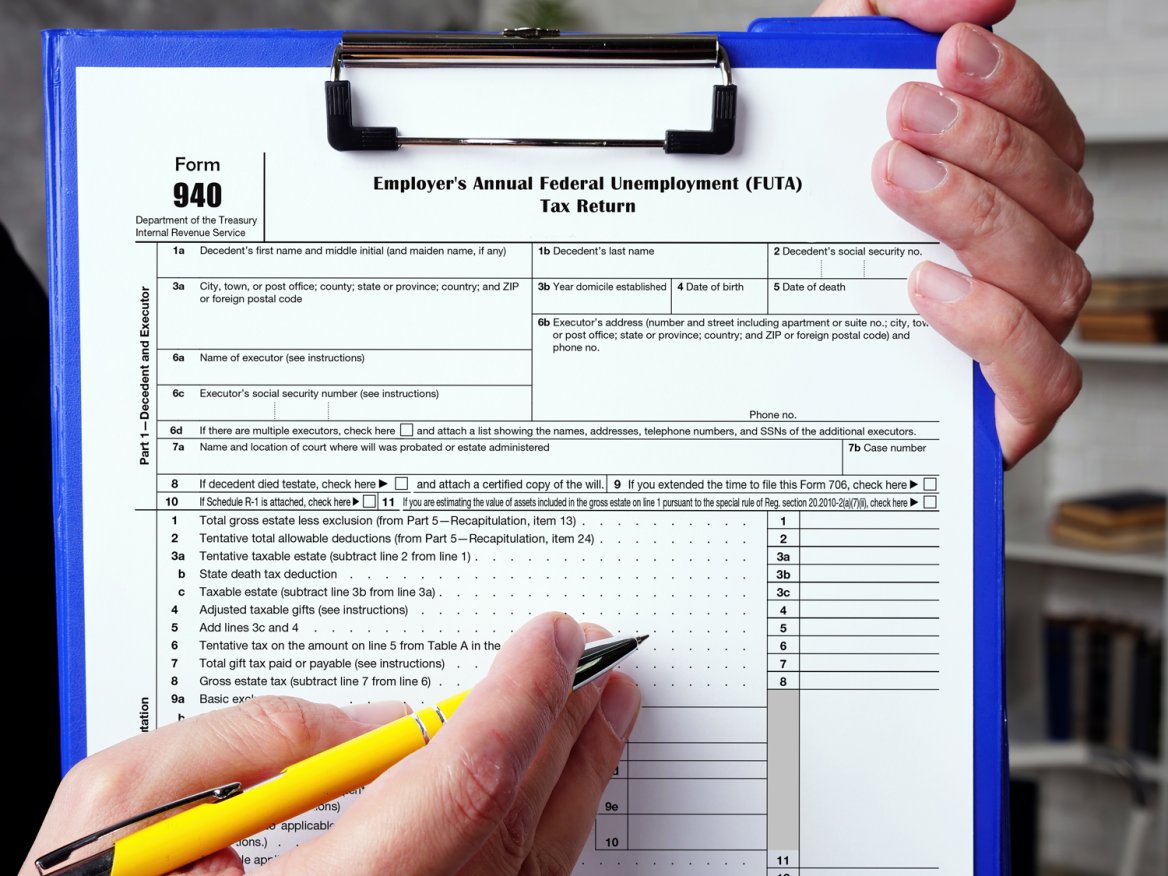Understanding how unemployment tax works
In its most basic form, unemployment insurance works much the same way as private insurance policies. Employers pay the premiums, and out-of-work employees file claims. Each employer has its own account, and payment of UI taxes are credited to that account within a general fund. The balance of the account increases with each unemployment tax payment made by the employer and decreases with every unemployment payment made to laid-off employees. Unlike private insurance, unemployment insurance is actually a tax, and an employer who is subject to the tax is required to pay it. If an account has insufficient funds to cover claims by employees, the employer will need to pay additional charges to the state.
Employer's UI tax liability
Private employers are subject to unemployment tax liability if: (1) an employee, either part-time or full-time, worked for the employer for 20 weeks or more in a calendar year, or (2) the employee was paid wages of $1,500 or more in a calendar quarter by the employer (“wages” include salaries, bonuses, tips, and any other similar benefits an employee receives from an employer).
If either of the above conditions is met, the employer is required to pay unemployment taxes up to the taxable wage base on each employee’s wages in a calendar year. Wisconsin's taxable wage base for 2022 is $14,000. So, for example, if an employee is paid $30,000 in 2022, only the first $14,000 is taxable to the employer. The remaining $16,000 in wages is excluded from UI tax. Employers should keep track of employees’ wages for the calendar year to ensure they are not taxed beyond the taxable wage base limit.
Employees eligible for unemployment benefits
In order for an employee to collect unemployment benefits, the work conducted by the employee must be subject to UI taxes for the employer (“covered employment”). Only the wages earned in covered employment can be used to compute an out-of-work employee’s unemployment benefits. Some wages paid to employees performing certain services for an employer are excluded from unemployment taxes, and employees are unable to receive unemployment benefits. Examples include real estate and insurance salespersons paid by commission only and certain corporate officers if elected to be excluded by the employer.
In addition, employees must be able to work and not terminated for cause (underscoring the need for thorough documentation when firing for cause). Employees must also be looking for work, unless they meet specific requirements from the Wisconsin Department of Workforce Development. Two instances in which the job search requirement may be waived are when there is a reasonable expectation the worker will return to the same employer’s work force or the employee will start a new job within four weeks of the initial claim for benefits.
Late UI payments can be costly
The federal government assesses penalties for late payments, ranging from 2% for a payment that’s up to five days late all the way up to 15% for payments not made within ten days of receiving notice from the IRS.
Employers may also be required to pay additional state penalties for making the deposits at unauthorized financial institutions, failing to file returns or failing to withhold or pay the unemployment insurance tax (this penalty can be as high as 100%).
Of course, willful refusal to collect and/or pay unemployment taxes could lead to heftier penalties, liens, and potential seizure of the employer's real and personal property by the state and/or federal government.
No ways to minimize unemployment taxes
Unlike other taxes companies pay, there’s not much employers can do to minimize their obligations — aside from making timely payments in full. But employers can take steps to assure employees don’t make false or errant claims against the account.
Review each claim filed by each employee dismissed or laid off. Watch closely for misrepresentations about wages or hours worked. If the company has many employees, an employer may be tempted to pay less attention to individual claims, but doing so is essential to protect yourself from unnecessary additional state and federal fees and penalties.
 By Brandon Prinsen, business lawyer at Johns, Flaherty & Collin, SC. For a business attorney in La Crosse, call him at 608-784-5678.
By Brandon Prinsen, business lawyer at Johns, Flaherty & Collin, SC. For a business attorney in La Crosse, call him at 608-784-5678.

